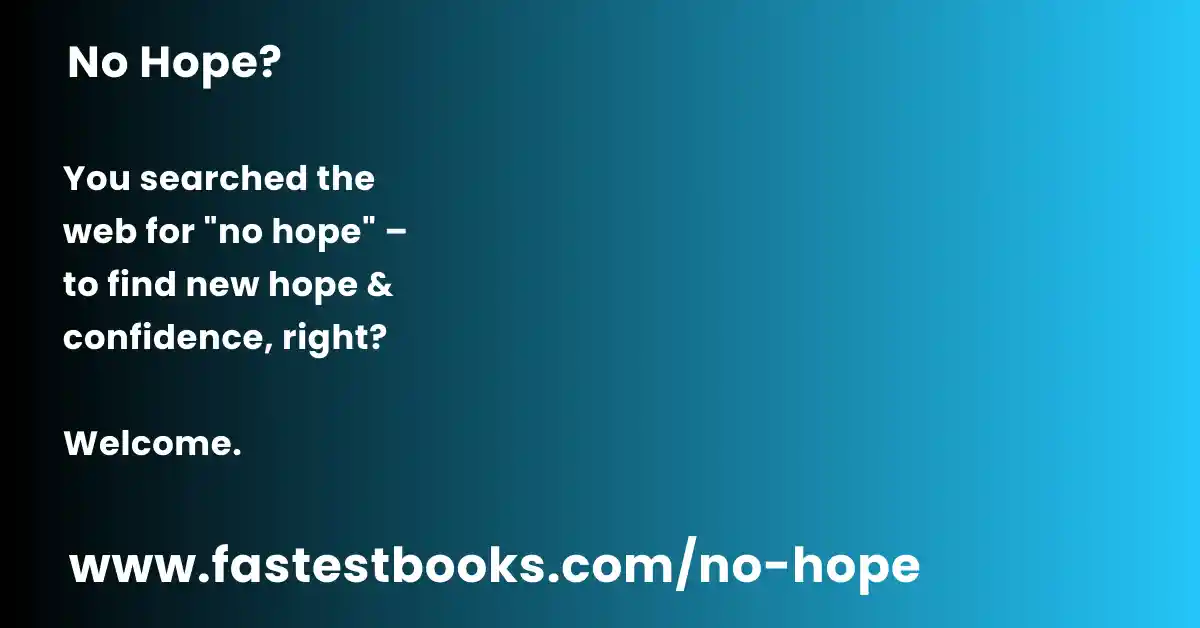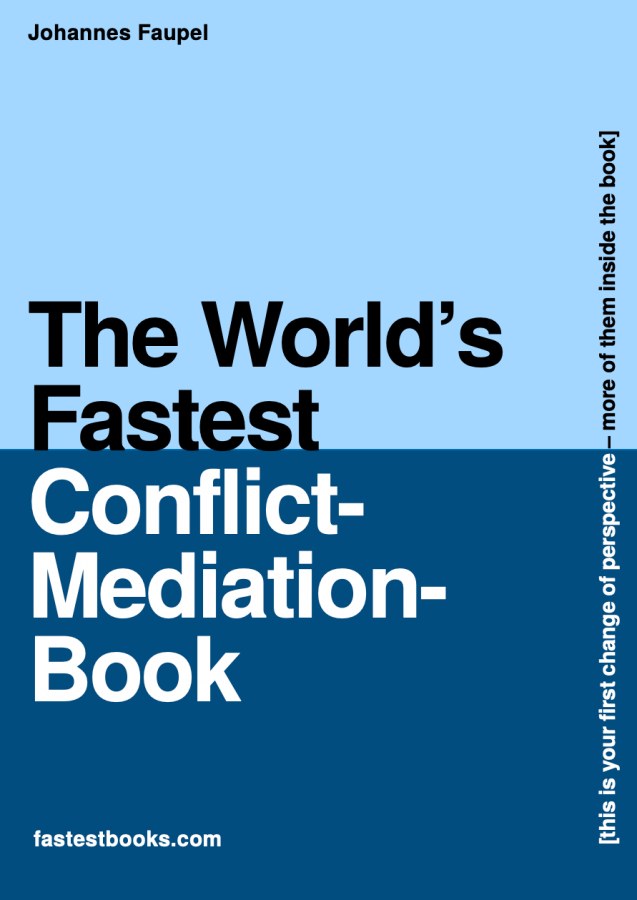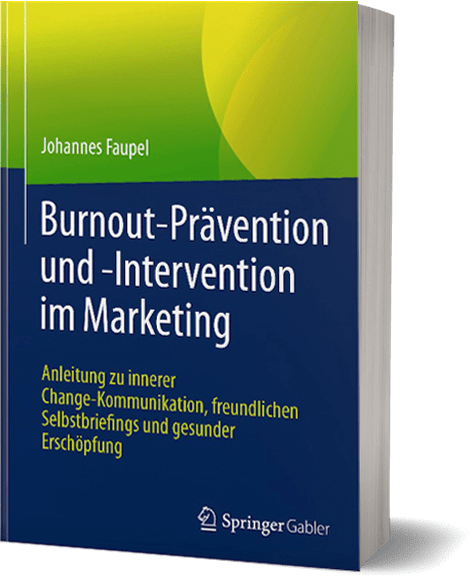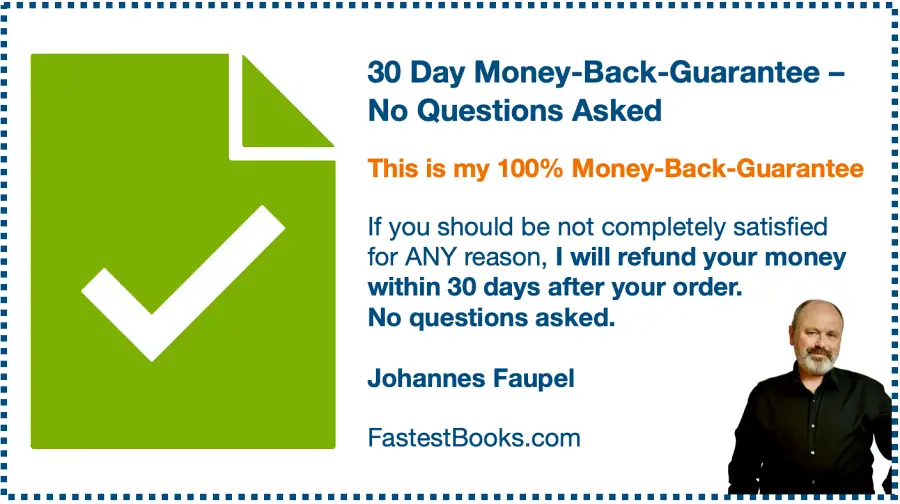
No Hope? What to do?
No hope to solve a conflict?
Tired of ongoing arguments and useless attempts to solve a conflict? Is it a family conflict? A loyalty conflict? A dispute in the working space? Hope is like the wish for random events.
Give up all hope and begin with a new vision.
What vision do you have from your conflict?
- Is the conflict heavy?
- Painful?
- Deep?
- Old?
- All of that?
Did you try everything to solve the conflict?
- Did you talk?
- Did you write letters or e-mails?
- Or did you try to find the help of a mediator?
- Nothing helped?
To give-up hope in a certain direction may open the mind for a new way.
What parties and resources can be involved in a conflict?
- Individuals: People who are directly or indirectly involved in the conflict.
- Groups: Teams, tribes, or any collective of individuals that might be in conflict.
- Organizations: Companies, NGOs, or any formal institutions that might be involved.
- Nations: In the case of international conflicts.
- Mediators: Third-party individuals or groups trying to resolve the conflict.
- Stakeholders: Entities that have an interest in the conflict but may not be directly involved.
- Resources: Things that might be the cause of the conflict, such as land, water, or other valuable assets.
- Events: Specific incidents or occurrences that might have triggered or escalated the conflict.
What attributes can be associated to conflicts?
Nature: Describes the type of conflict. Examples include interpersonal, intrapersonal, organizational, international, etc.
Duration: How long the conflict has been ongoing.
Intensity: The severity or magnitude of the conflict.
Causes: The underlying reasons or triggers for the conflict.
Parties Involved: The main entities or groups involved in the conflict.
Resolution Status: Whether the conflict is resolved, unresolved, or in the process of resolution.
Impact: The consequences or effects of the conflict on the parties involved and the larger environment.
Methods Used: The strategies or approaches used by parties to address the conflict. Examples include negotiation, mediation, aggression, etc.
Location: Where the conflict is taking place.




